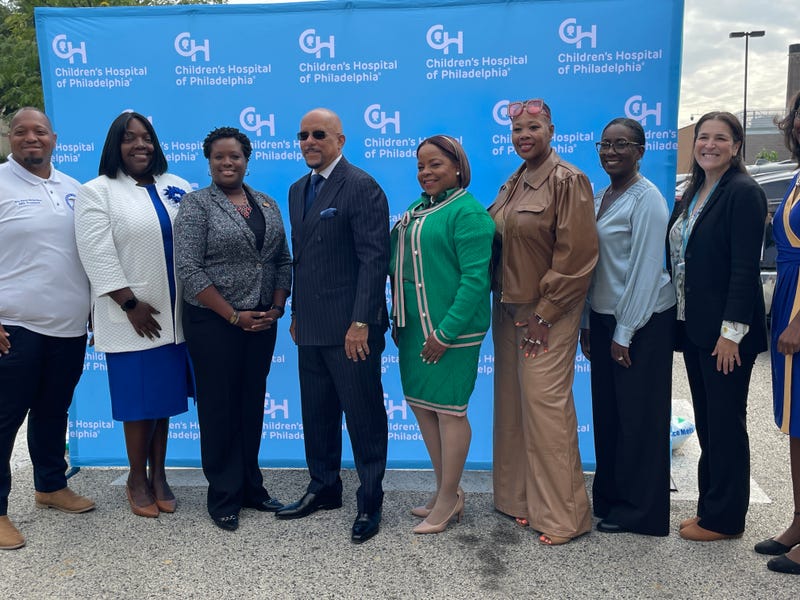
PHILADELPHIA (KYW Newsradio) — Young girls and women need feminine hygiene products, but not everyone has ample access to them.
According to the National Institutes of Health, period poverty — inadequate access to menstrual hygiene products — impacts about 500 million women in the U.S.
Pennsylvania state Sen. Vincent Hughes (D-Philadelphia) stressed support for a bill that calls for Medicaid to cover the costs of feminine hygiene products. It passed the state House 131-72 but it is still sitting in the state Senate.
Hughes would also like to see schools fully stocked so students don’t struggle with that need.
“We need to make sure that the services are there,” he said. “We also need to make sure that the counseling and appropriate other supports that are there with it, they need to be part of it. And as we talk about how we reshape our schools, why not?”
Addressing the need is what Lynette Medley does every day. The CEO of No More Secrets, Mind Body Spirit Inc., she said many people are shocked to learn what some girls do to get access to feminine products.
“Sell their bodies. They steal. They use products that they find in the trash cans. They will use socks and stuffing from stuffed animals or anything else that they can get. Because those things are accessible. The pads and tampons aren't readily accessible,” she said.
Medley and Hughes have teamed up with the Children’s Hospital of Philadelphia and other community partners to collect donations this weekend.
“Two in five young people, women and girls, suffer from period poverty,” Medley added. “Period poverty eliminates their ability to live in dignity, from going to school to work and just enjoying life.”
Dr. Shelby Davies, project lead for CHOP’s Menstrual Health Equity Lab, often sees young patients struggle with issues related to menstrual health and access to period products.
“I see it affecting their physical health. I see it affecting their mental health. And I see it affecting their identity development and ability to really thrive and function as a growing adolescent and teen,” she said.
The feminine hygiene product drive will be held from 9 to 11 a.m. on Saturday at 4601 Market St.

